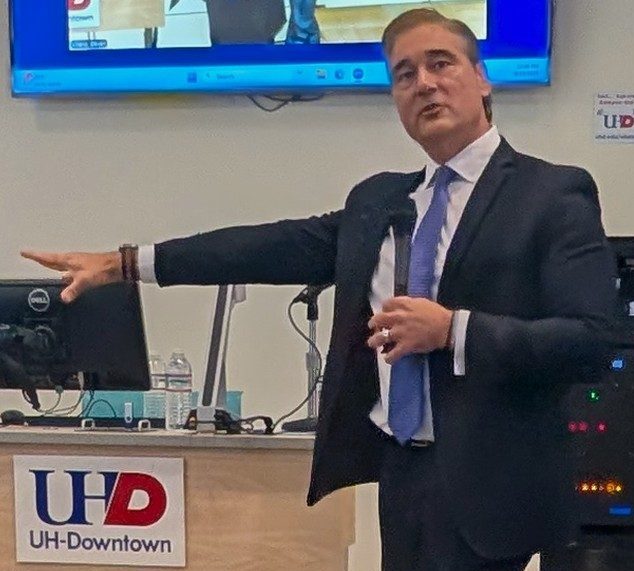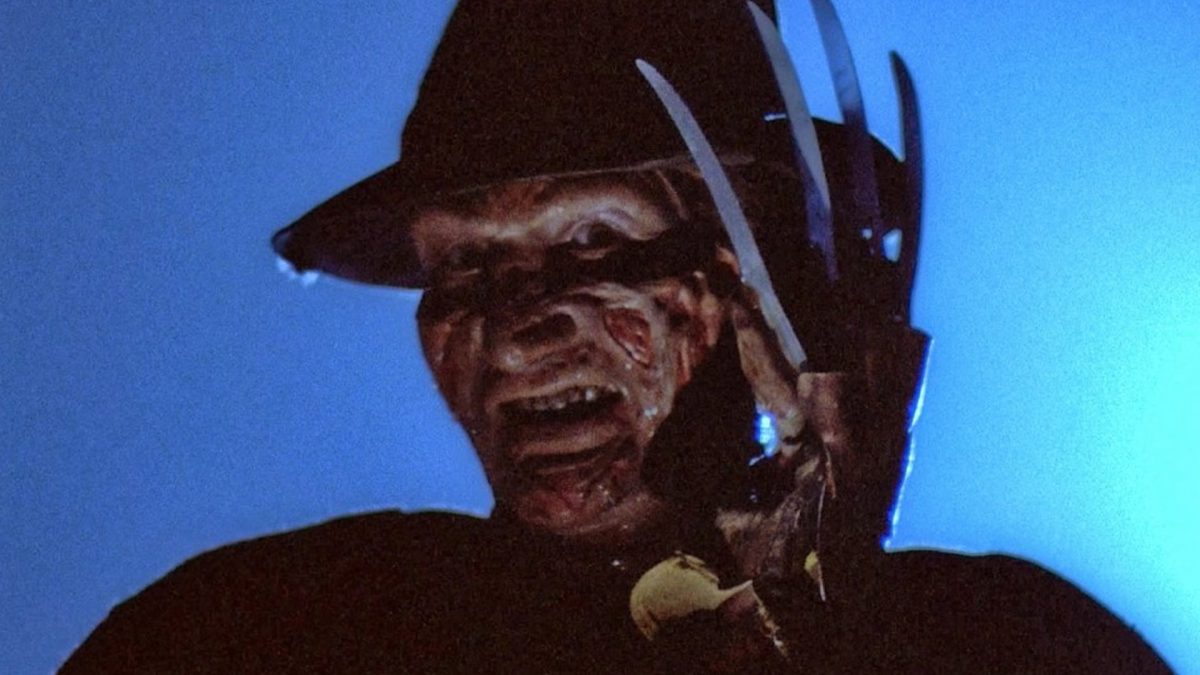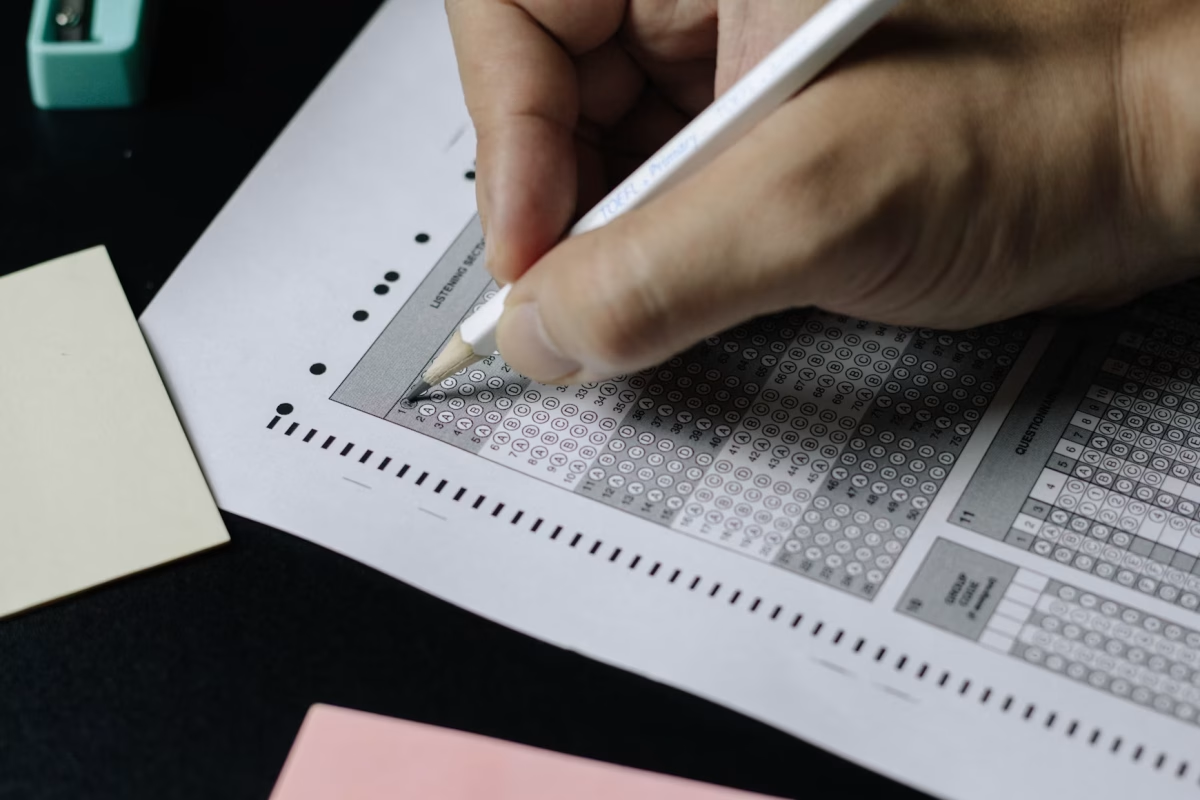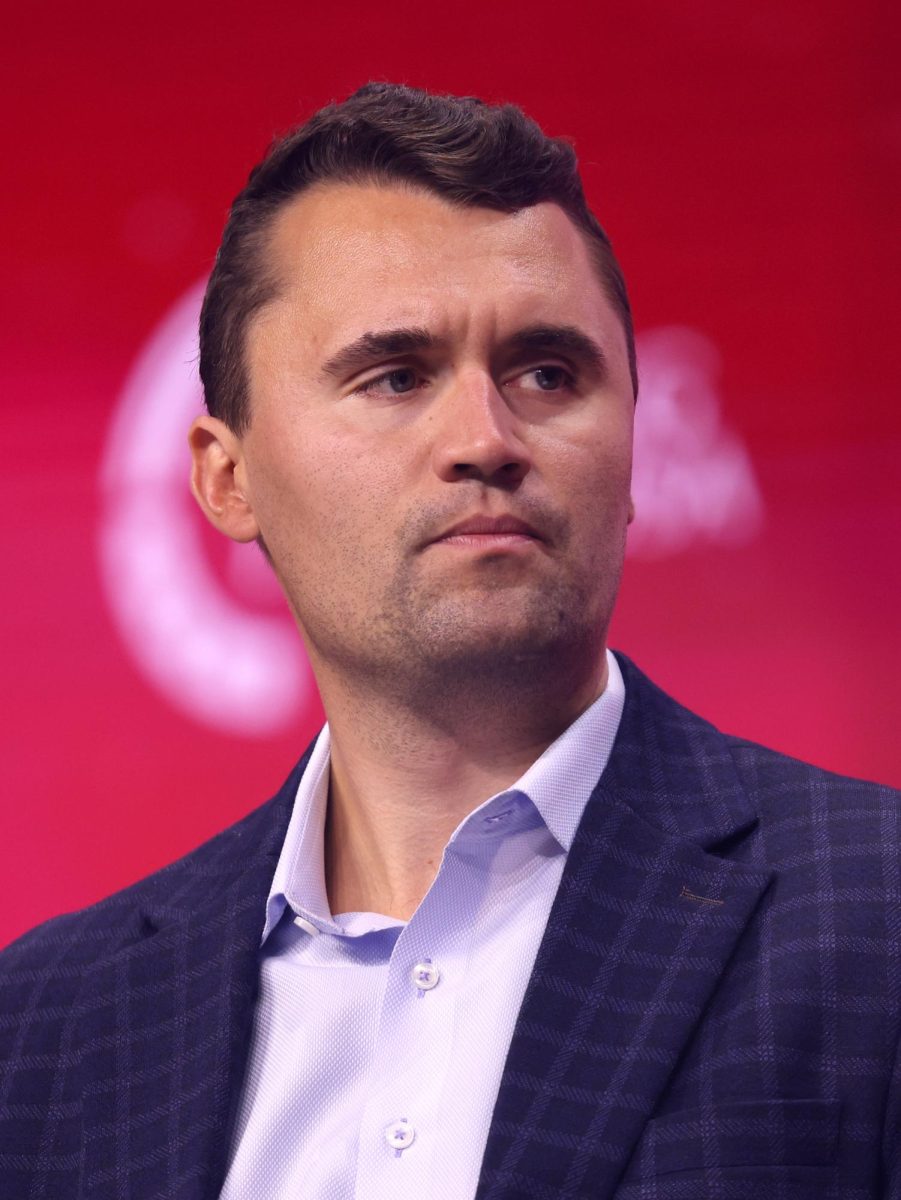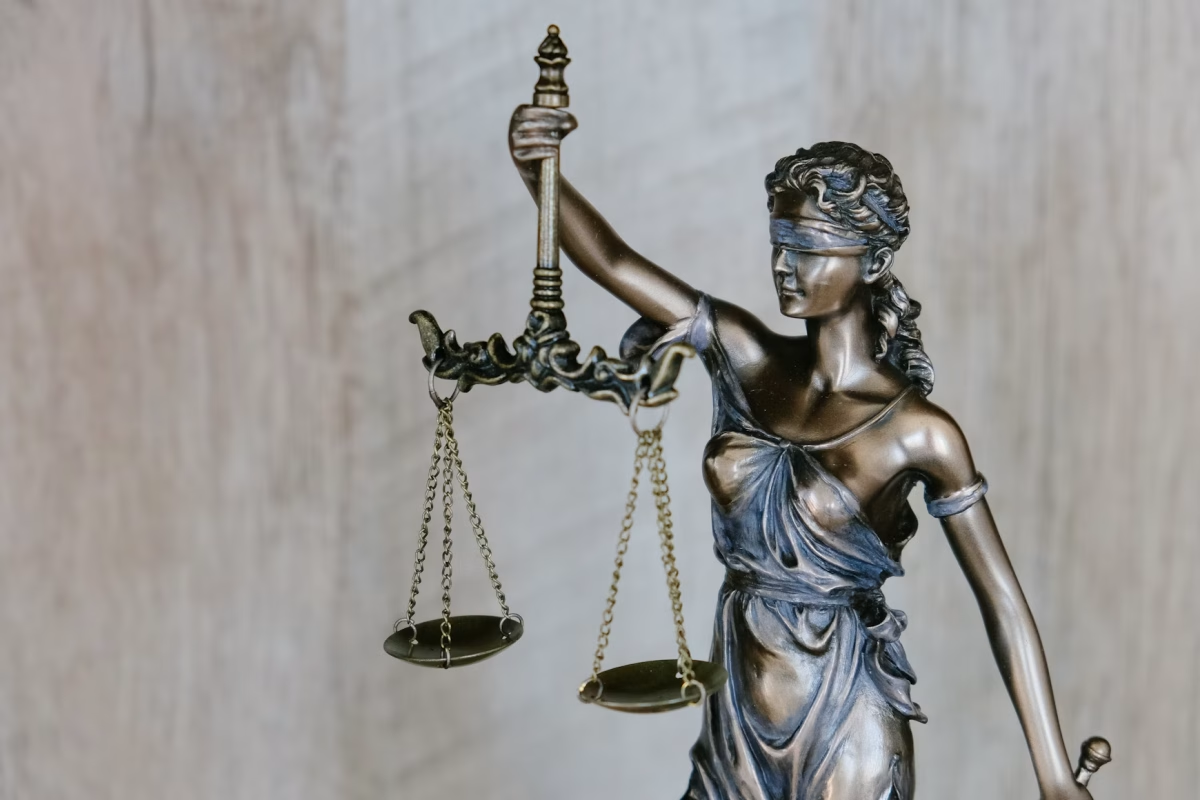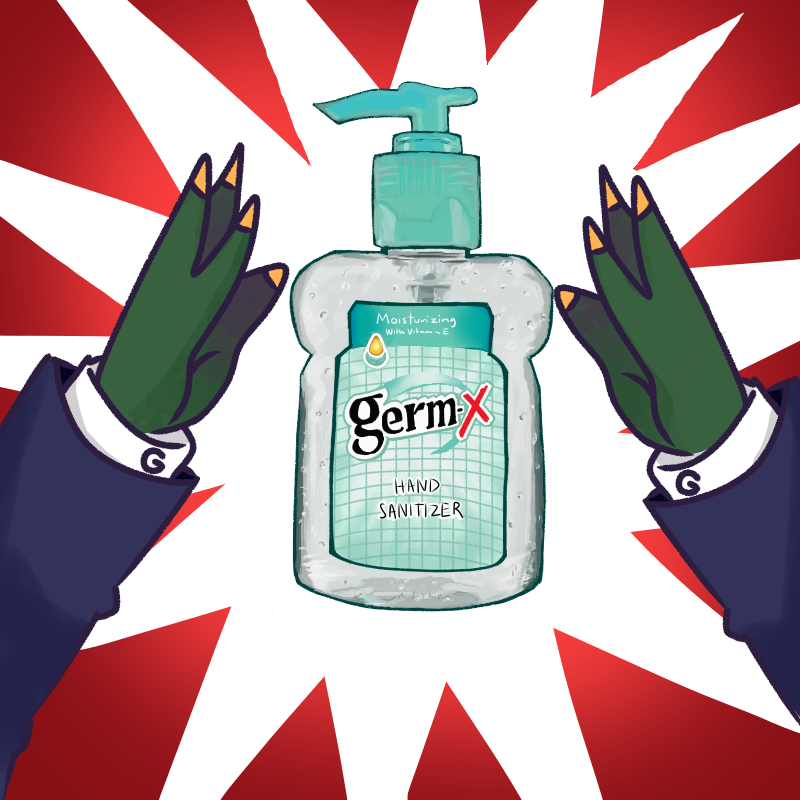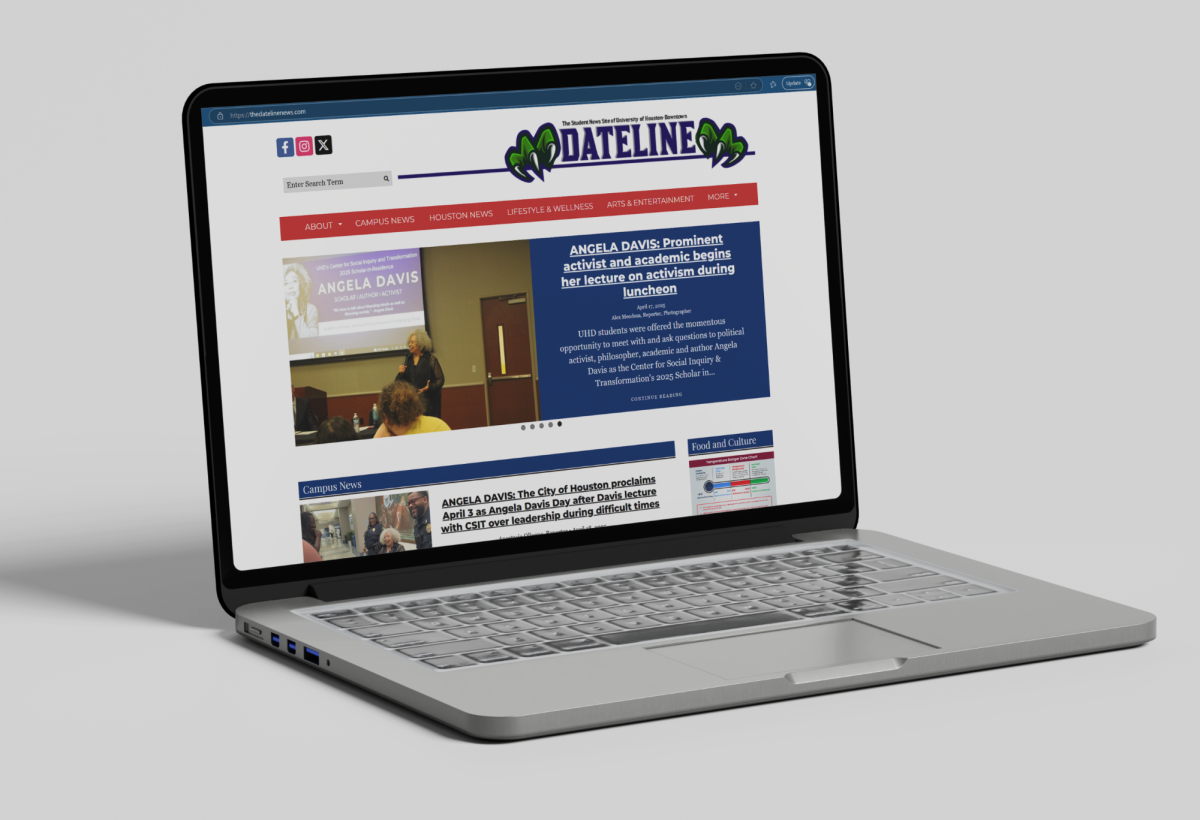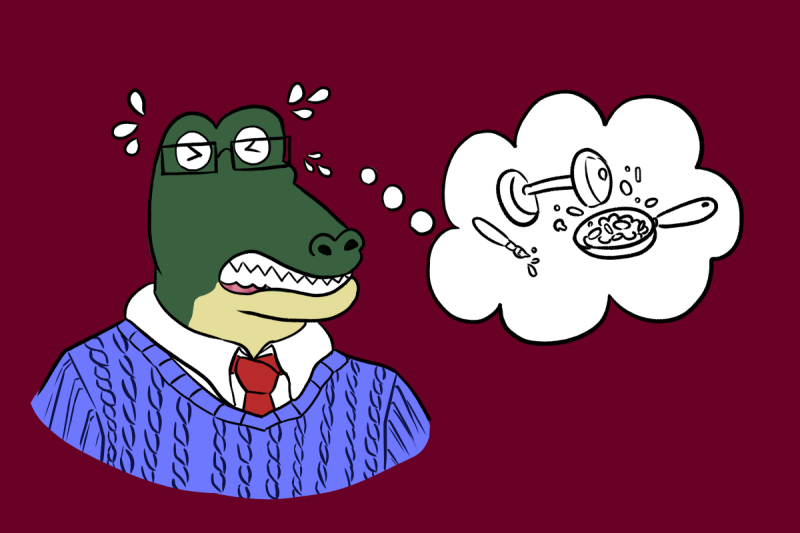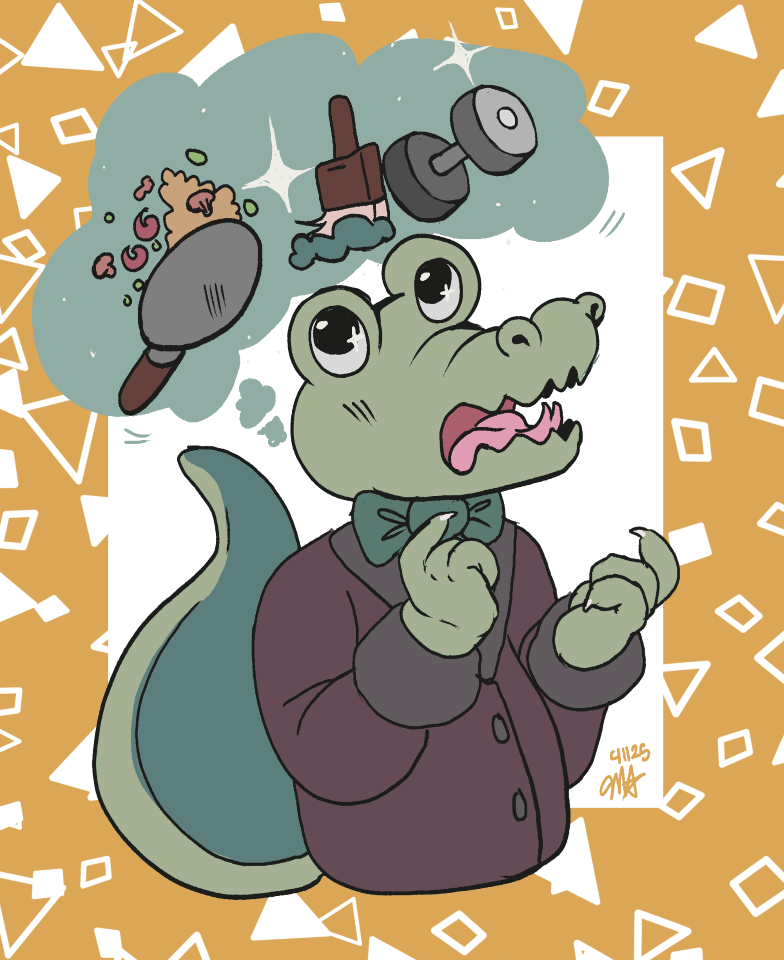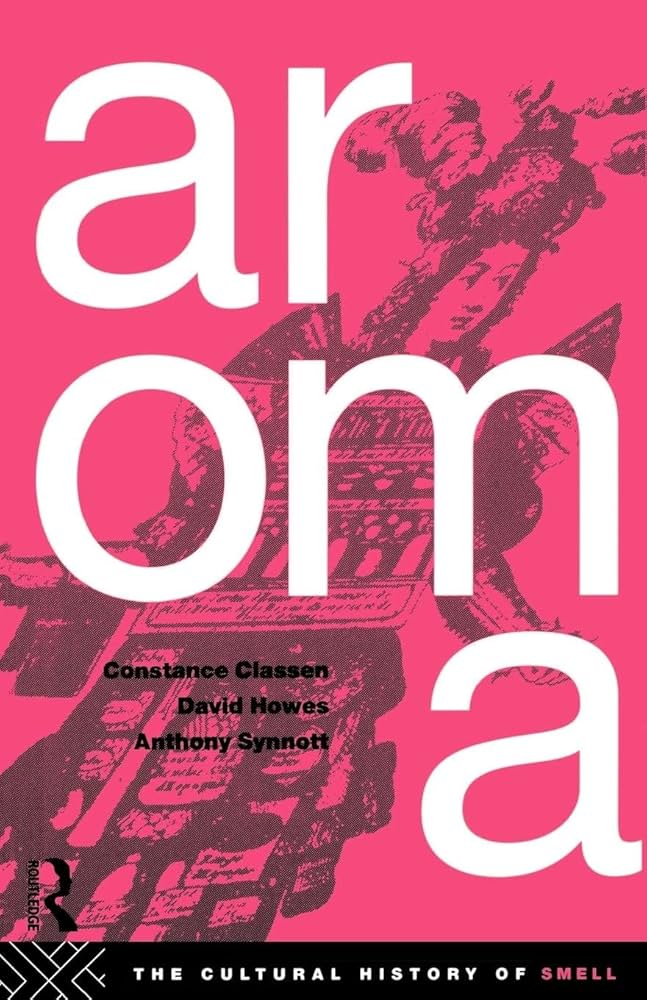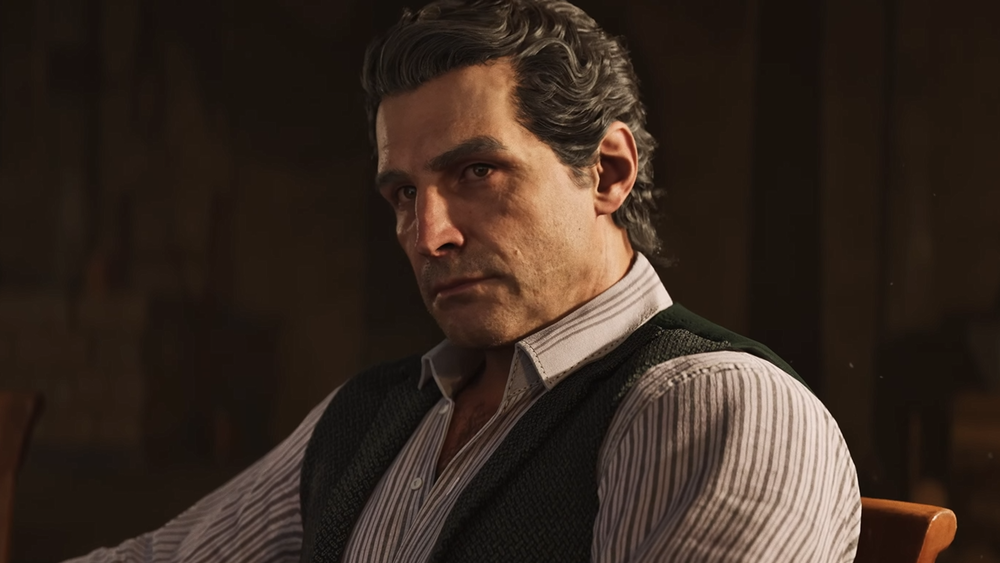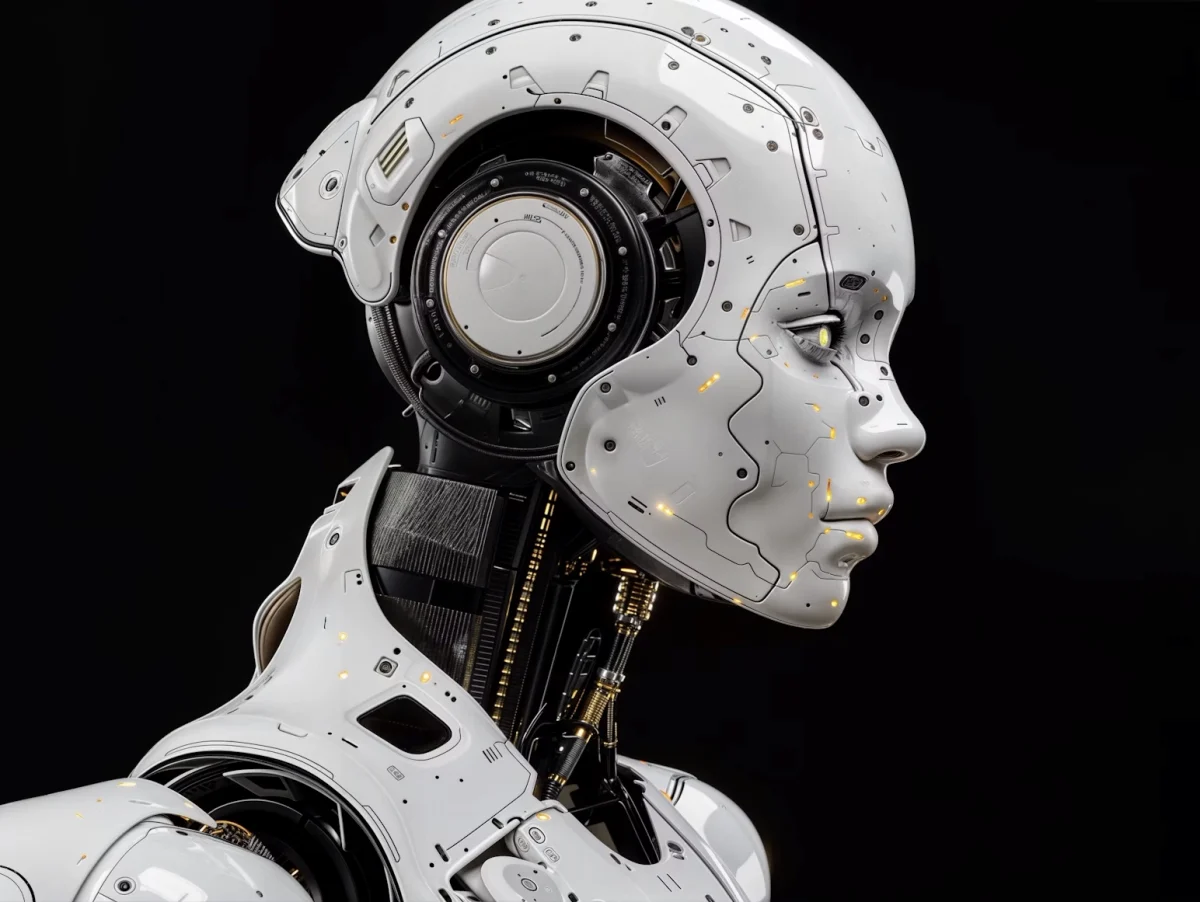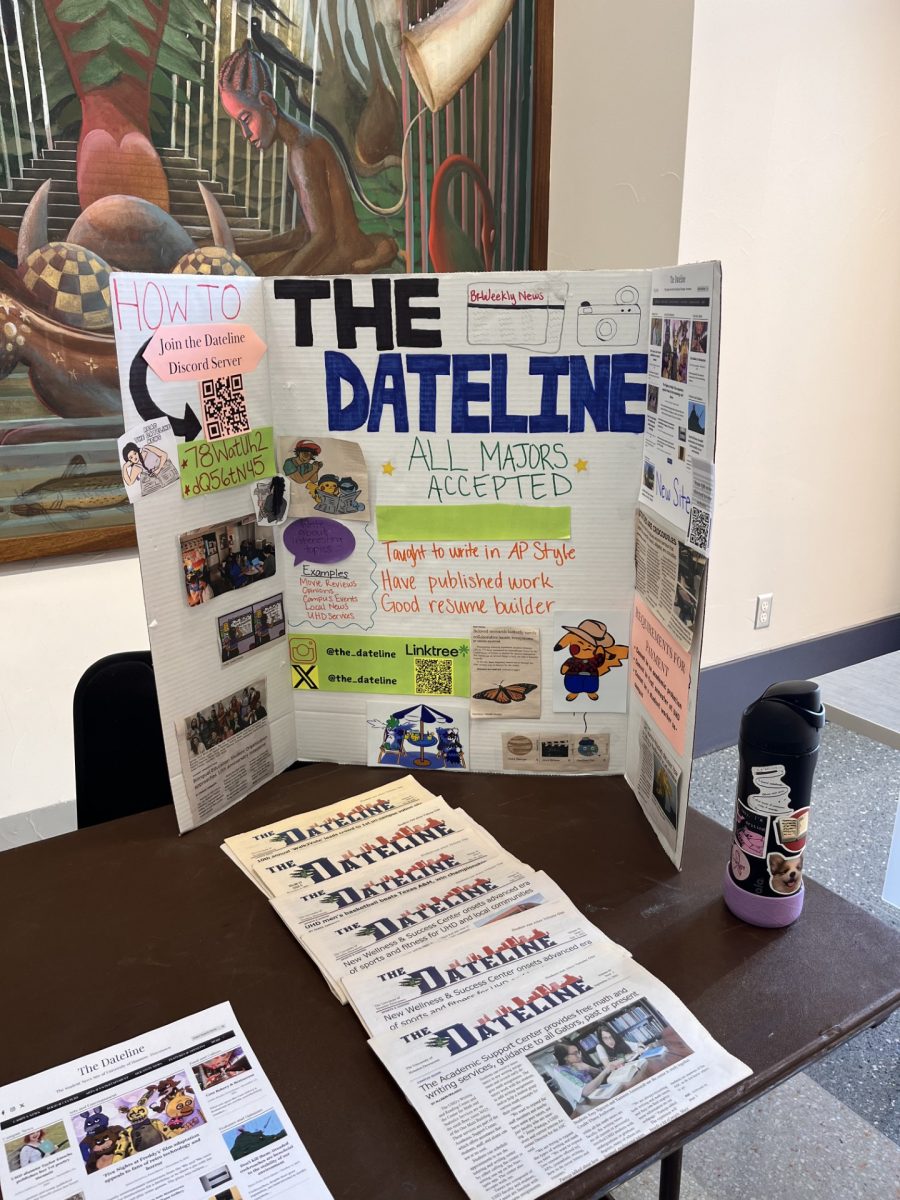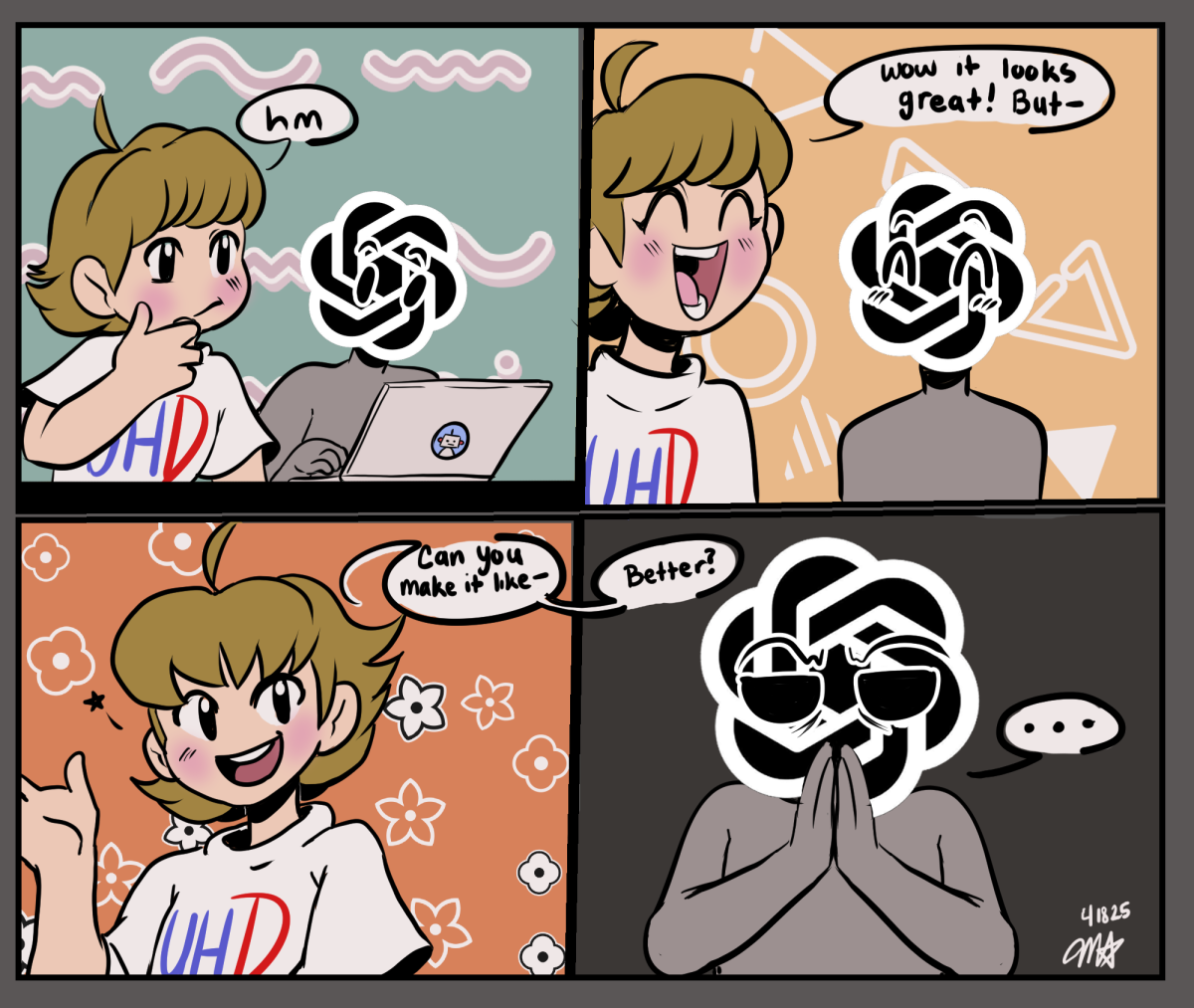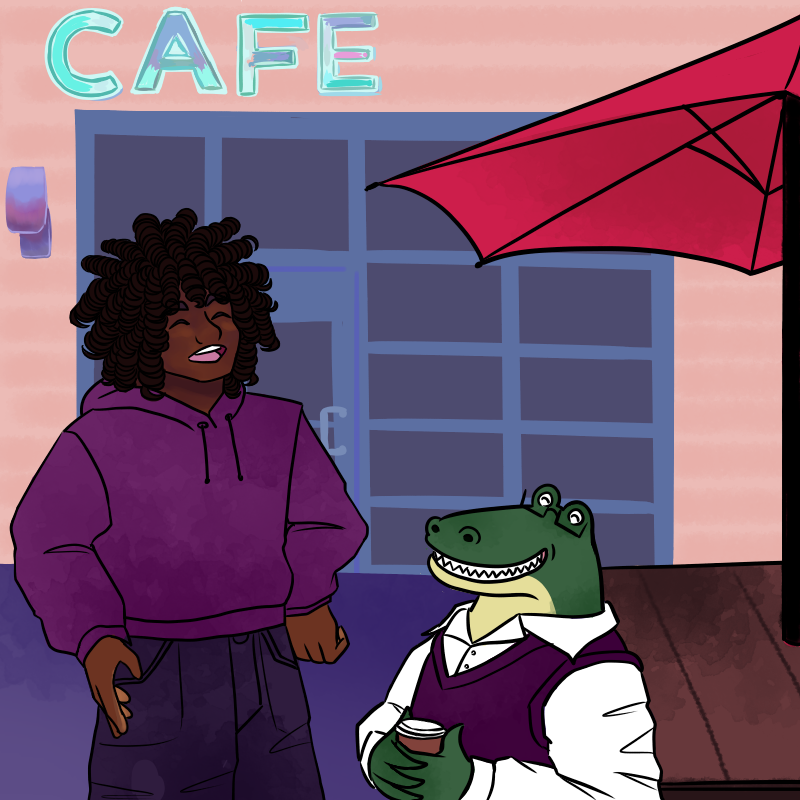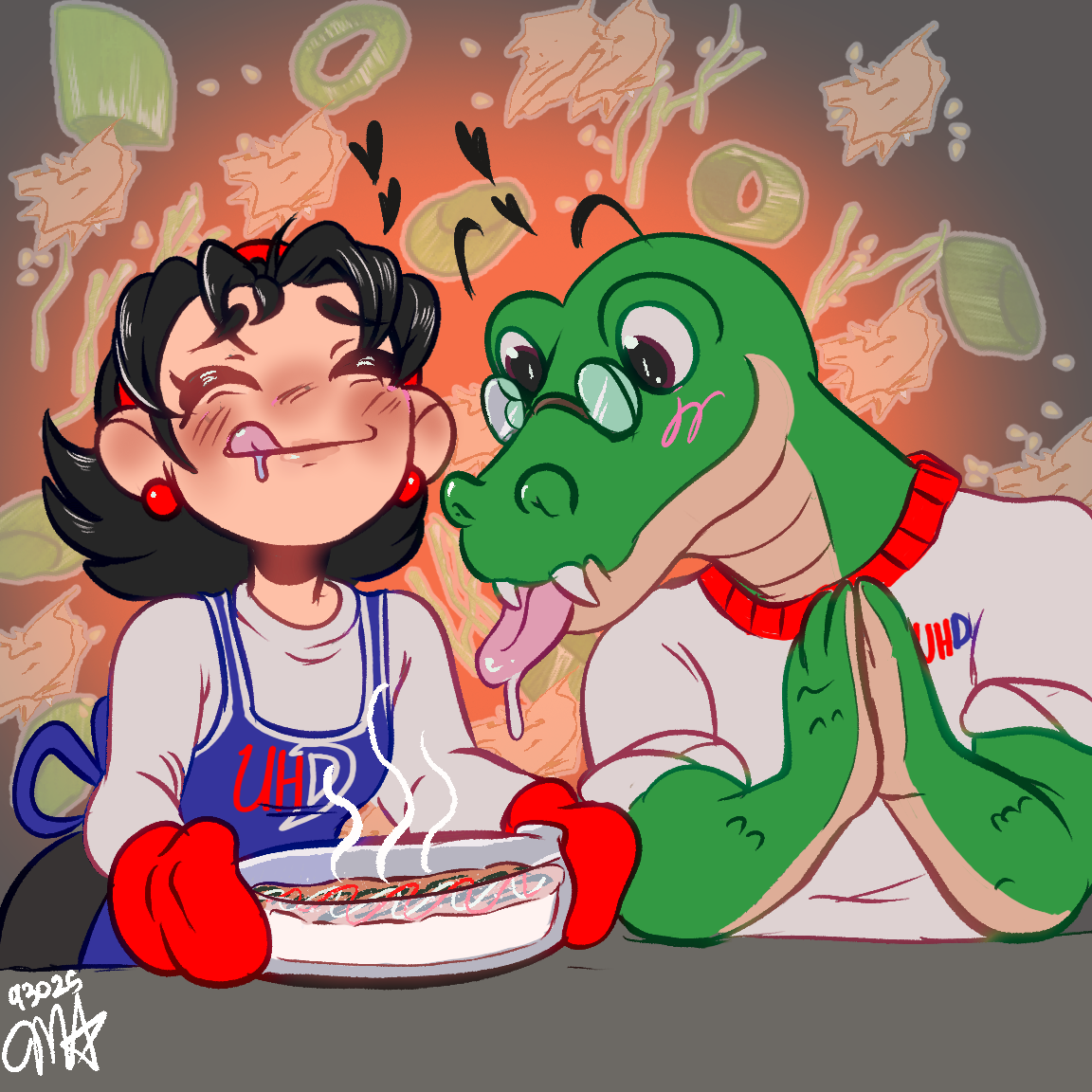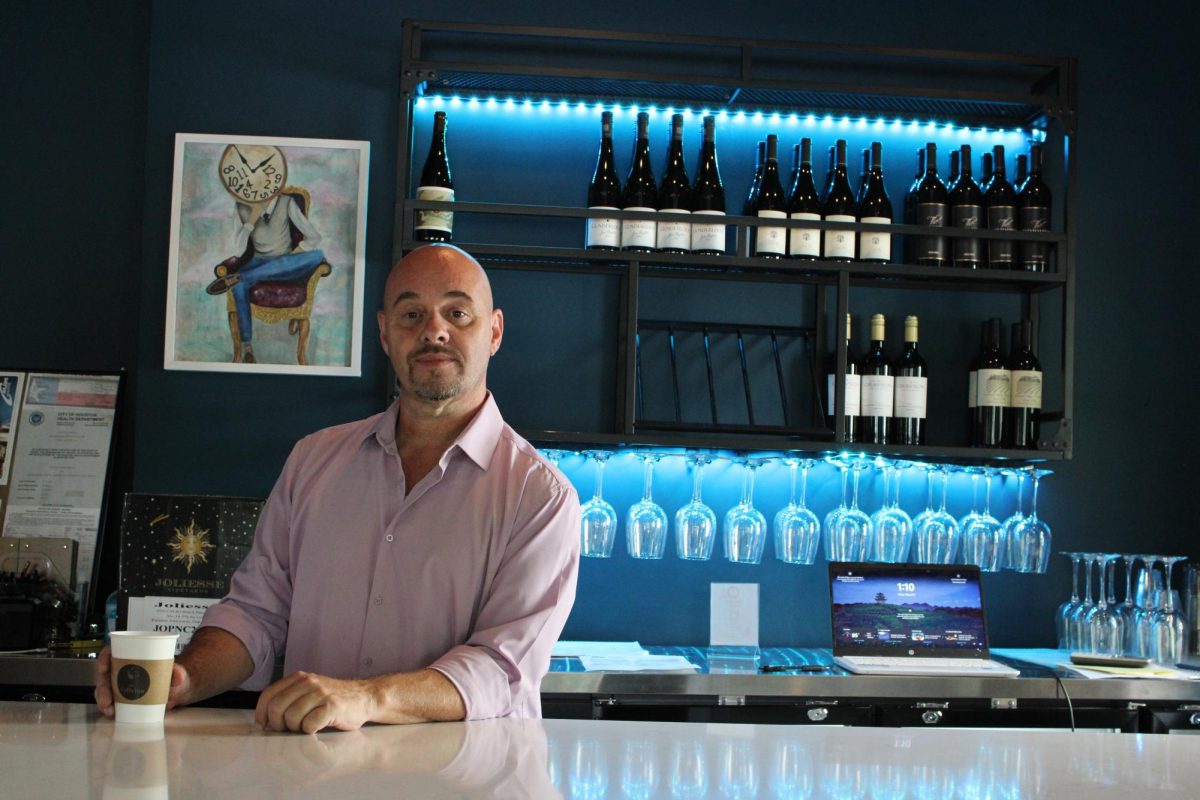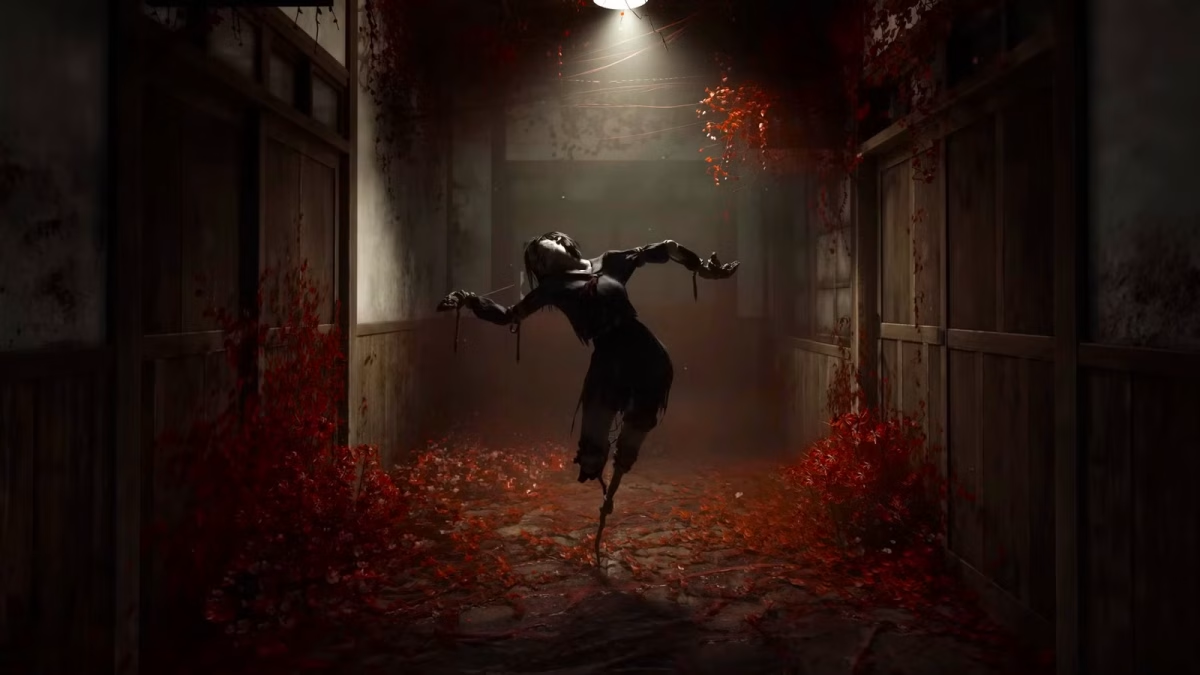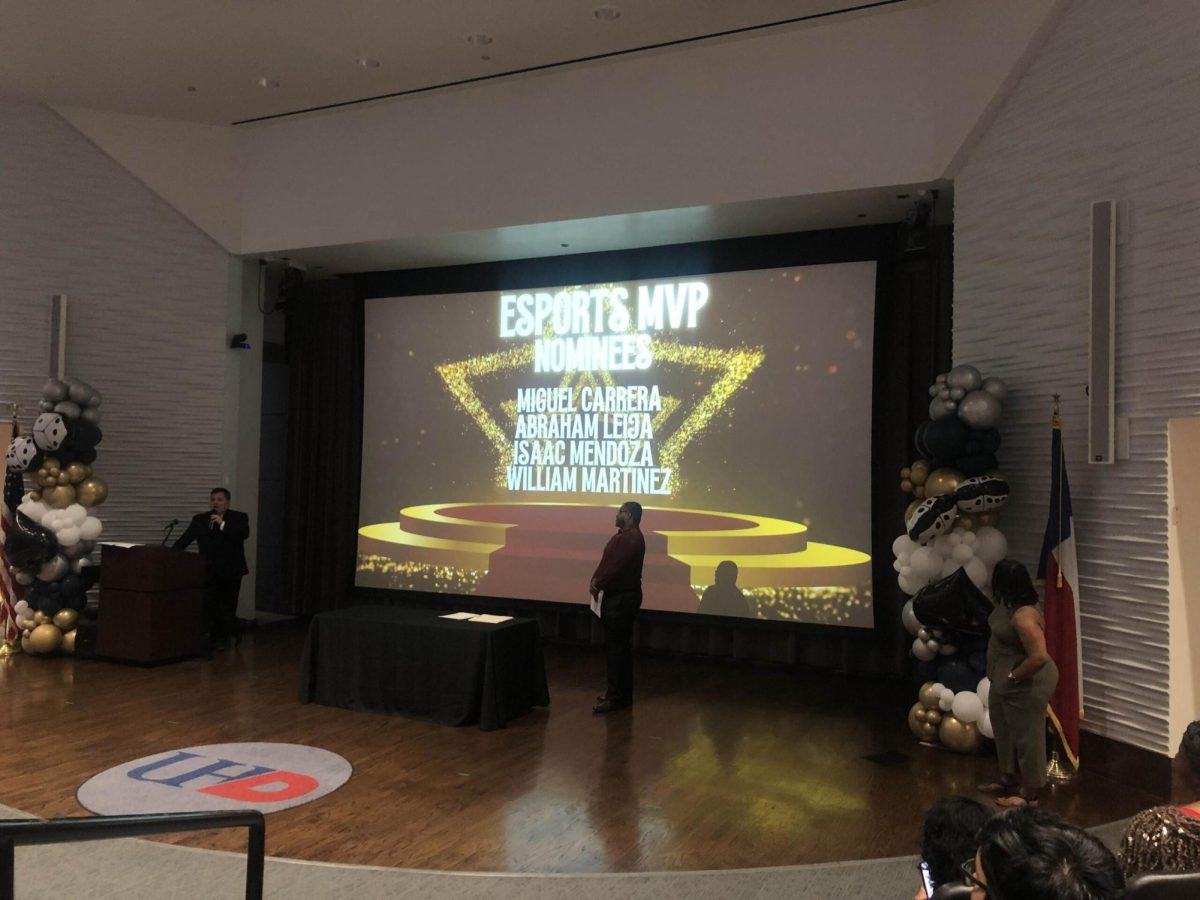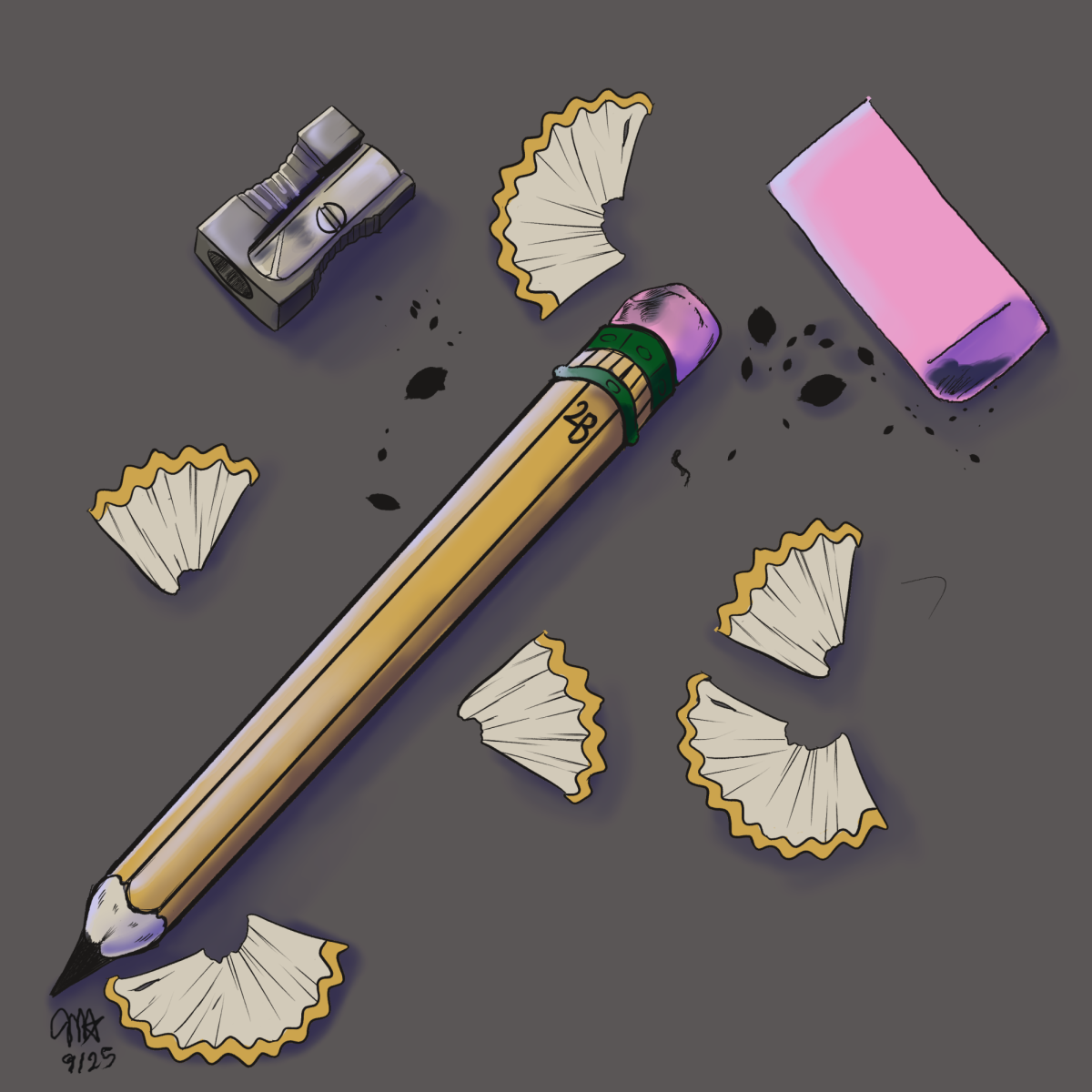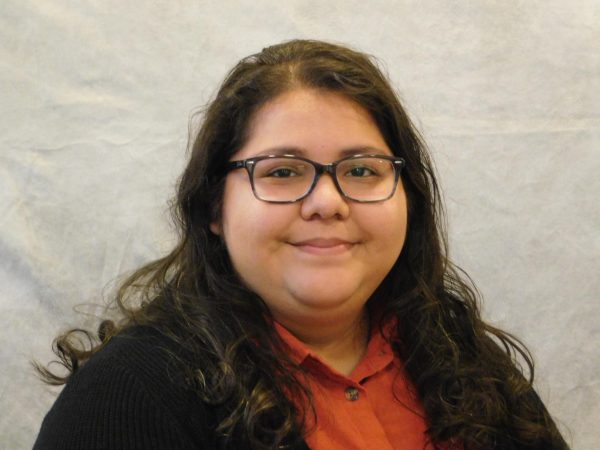On Sept. 23, Harris County District Attorney, Sean Teare, came down to UHD to have a conversation with its students. Along with Teare was his First Assistant for the District Attorney, Chandler Raine.
“Public service is not just a job but a calling,” said Diane Miller, interim associate dean, while giving the opening to the event.
The Director of the Center of Public Service and Community Research, Steven Villano introduced Teare to the audience by sharing his background. Villano shared that Teare is a lifelong resident of Harris County and a graduate of the University of Houston Law Center. Additionally, Villano mentioned that Teare served as a prosecutor in the same office that he was voted into as DA in Nov. 2024.
Teare spoke about his personal life experiencing his mother succumbing to alcoholism. His mother experienced other traumas that he went through secondhand, such as bailing her out at age 15.
Going through those experiences with his mother led to him wanting to affect change. He recognizes that his position allows him to view and work with two sides of the same coin.
On one side, he must make decisions on low-level crimes about whether to prosecute or not which can change the trajectory of someone’s life.
On the other hand, he has the ability to prosecute people who have committed violent and heinous crimes which allows him to incarcerate them. While at the same time, being able to grant the victims’ their voice back and helping the community.
“Seeing the next generation of those who will take over, will make it all worth it,” Teare stated while looking at those in the audience.
Audience members were able to submit questions and ask questions directly to Teare.
“Is there any message that you’re able to say to those that are scared to come forward with anything?” asked an audience member regarding undocumented immigrants seeking help from police.
Teare responded to the question by pointing
out that the rhetoric coming from other places is the most dangerous to public safety. He added that the Harris County DA office does not ask about a person’s immigration status.
“Our job is to protect all members of Harris County to ensure that justice is done in every case,” Teare adds to his response to the question.
“We are going to give you a voice regardless of your status,” added Raine in response to the question.
“What will you do to reduce violent crime and keep repeat offenders off the streets?” a UHD student who is also a Houston police officer asked in a question read by Villano.
In response, Teare said that the violent criminal preying on the community must be removed for a significant period of time. He points out that currently the Harris County Jail has more incarcerated people set to go to the Texas Department of Criminal Justice than at any point since Hurricane Harvey.
He is aiming to not create the “next generation of violent criminals.” He is actively working on apprenticeship programs and trade unions where people can get into a new path instead of going straight to incarcerating people.
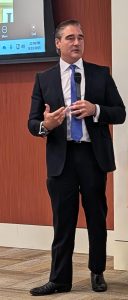
Additionally, he points out to the audience that a lot of crimes are being committed by people with documented mental health issues. Therefore, he has a mental health prosecutor at the jail, who is the final person that people see in order to ensure that they are not going through a mental health crisis.
“Given the national narratives, what are the myths and realities when it comes to crime and immigration?” asked a UHD urban education professor.
Teare responded by pointing out that violent crime and crime in general are down in Harris County and has been trending down for several years. He added that unfortunately people within the immigrant and undocumented communities are the victims of crimes at an alarming rate. He encouraged the audience to push back against negative and incorrect narratives at any given opportunity.
Teare closed out the conversation by thanking all those in attendance, online and in-person. He apologized for being unable to talk more afterwards due to being called away for court.
Teare’s conversation with students is part of UHD’s College of Public Service programming called VitalVoices. The VitalVoices series acts as a program to bring in scholars or practitioners to speak with students, faculty, alumni, and community partners.
For upcoming VitalVoices: VitalVoices 2025-2026

